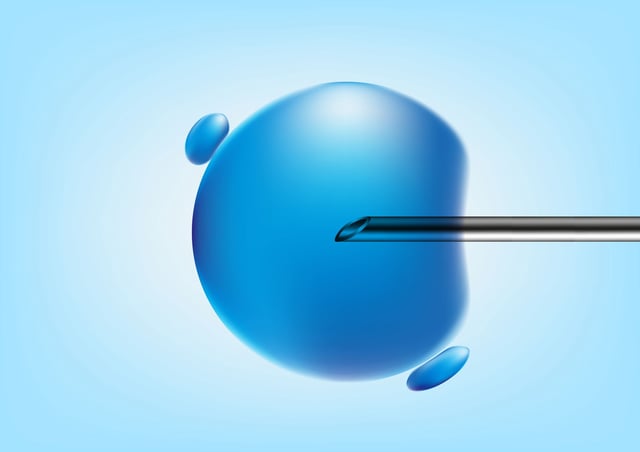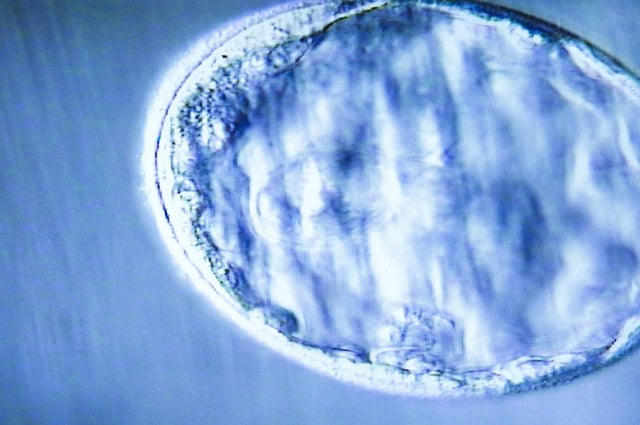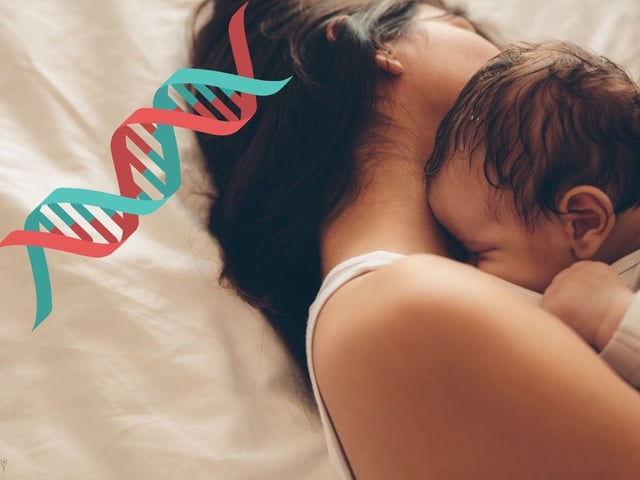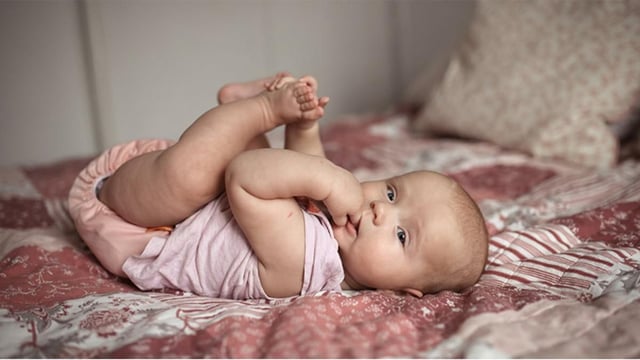Overview
- Newcastle team applied pronuclear transfer in 22 women with mitochondrial mutations, resulting in eight births and one ongoing pregnancy.
- Six infants exhibited over 95% reduction in pathogenic mitochondria and the other two had decreases between 77% and 88%.
- Preimplantation genetic testing in 39 women produced 16 pregnancies and 18 babies with mutation levels below 7%.
- UK’s Human Fertilisation and Embryology Authority has overseen case-by-case approvals since 2015, making Newcastle’s program the only globally authorized mitochondrial donation service.
- Regulators and bioethicists are debating cautious rollout, equitable access and a multigenerational follow-up framework after the study’s results.



